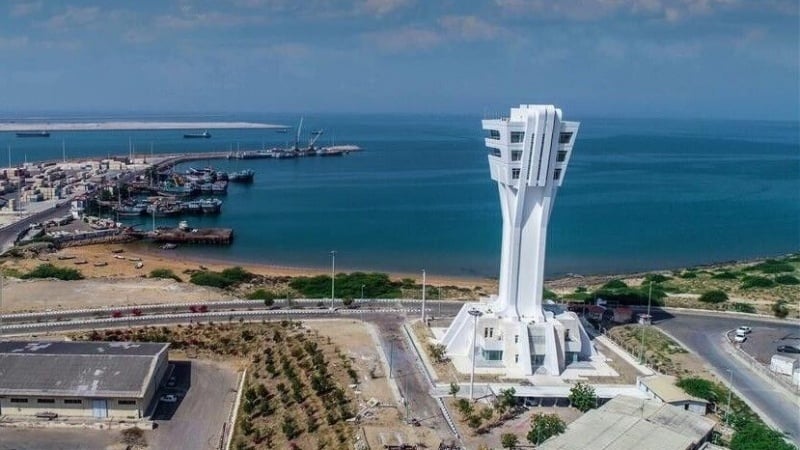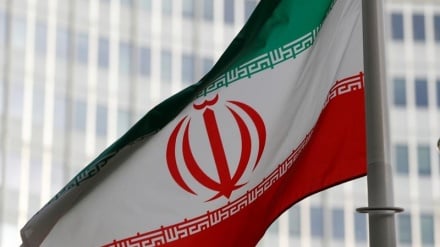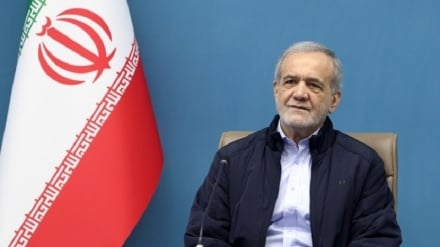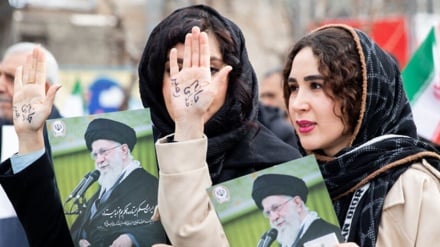Pars Today's Iran and world news package
Chabahar to Eurasia; Iran trade gate of Central Asia
-

Chabahar Port in southern Iran
Pars Today- Iran, thanks to the strategic situation of Chabahar port and wide transportation network, has turned into the key partner of the Central Asian nations and is strengthening its commercial and logistic relations with these nations.
The Diplomat website, as a source specializing in the fields of international relations, security, economy and politics, wrote in an article, "The Islamic Republic of Iran is clearly bolstering its policy in the Central Asia during the presidency of Masoud Pezeshkian." According to Pars Today, this article made it clear, "Iran's wide road and railway network, and its important ports on the Indian Ocean, have provided a strategic privilege for cooperation with the landlocked republics in the Central Asian landmass."
According to this report, Iran's has mainly concentrated on regional interactions with the axis of development of trade relations and transportation logistic infrastructures. This is in coordination with Iran's strategy of "look to the east".
The Central Asian countries, too, are seeking new consumer markets and more efficient corridors to be connected to the major global economies. Iran enjoys both these advantages. Thus, it has turned into a valuable regional partner for them. In addition, Iran enjoys technical and scientific capabilities in the fields of engineering, energy, agriculture, chemical and pharmaceutical industries. It also has infrastructures of investment for joint production.
Chabahar port in the south of Iran is a gate to the Indian Ocean for the Central Asian countries.
Iran's broad road and railway network, alongside its key ports in the south, have connected the Central Asian nations to the world markets. The railroad corridors such as China-Kazakhstan-Uzbekistan-Turkmenistan-Iran-Turkey and multisided transportation corridors have turned Iran into a Eurasian ground bridge which connects the east to the west.
Iran agreed with Tashkent's call for joining Chabahar Treaty. Uzbekistan intends to construct its exclusive storage and terminal in the port. Kazakhstan and Tajikistan are also studying a similar approach.
A series of negotiations are going on for launching transportation corridors from Central Asia to India via Iran's road and infrastructures. This measure will be compliant with the geo-economic interests of the Central Asian nations.
Although Iran's bilateral trade with the region is still nearly $1.5 billion, it is increasing through targets such as a rise of trade with Uzbekistan up to $2 billion and %30 growth of transactions with Turkmenistan. The Free Trade Agreement with the Eurasian Economic Union (EAEU) since May 2025, has provided new chances for trade with a reduction of customs tariffs.
Moreover, the container transportation from the Indian ports to Uzbekistan and Kazakhstan via Bandar Abbas and Chabahar, and Kazakhstan's planning for construction of a specialized terminal in Shahid Rajaei Port indicate Iran's growing role in the regional transit. These developments, besides $43.1 billion non-oil trade with China, will fix Iran's status as the logistic and trade hub of the region.
RM/ME


